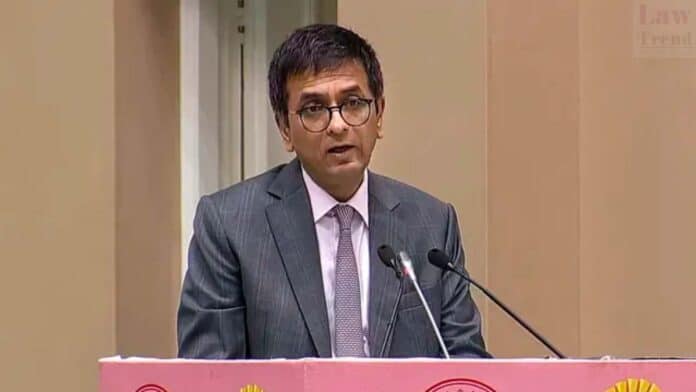In a striking commentary on the current perceptions of the judiciary, Chief Justice of India, D.Y. Chandrachud, raised concerns about the dangers of likening judges to deities and courts to temples, during his address at the Regional Conference of the National Judicial Academy in Kolkata.
Highlighting a worrying trend, the Chief Justice noted, “Too very often, we are addressed as Honour or as Lordship or as Ladyship. There is a very grave danger when people say that the court is a temple of justice. There is a grave danger that we perceive ourselves as the deities in those temples.” His comments reflect a deep-seated concern about the potential for such perceptions to distort the judicial role and its foundational principles.
Chief Justice Chandrachud articulated his discomfort with the metaphor that positions courts as temples and judges as gods, suggesting instead a reframing of judicial roles. “I would rather recast the role of the judge as a server of the people. And when you regard yourselves as people who are there to serve others, then you bring in the notion of compassion, of empathy, of judging but not being judgmental about others,” he explained.
Emphasizing the human aspects of judicial proceedings, particularly in criminal cases, he remarked on the need for compassion in sentencing, recognizing the profound responsibility of judging a fellow human being. “So these concepts of constitutional morality, which I think, are the key, not just for the judges of the Supreme Court or the High Court but also for the district judiciary itself, because the engagement of the common citizens begins first and foremost with the district judiciary,” added the Chief Justice.
Also Read
The Chief Justice also spoke on the importance of incorporating technology into the judiciary to enhance its functioning and make judicial processes more accessible to the common man. Moreover, he pointed out that language barriers often hinder the public’s ability to access and understand court verdicts, suggesting an area in need of significant improvement.




